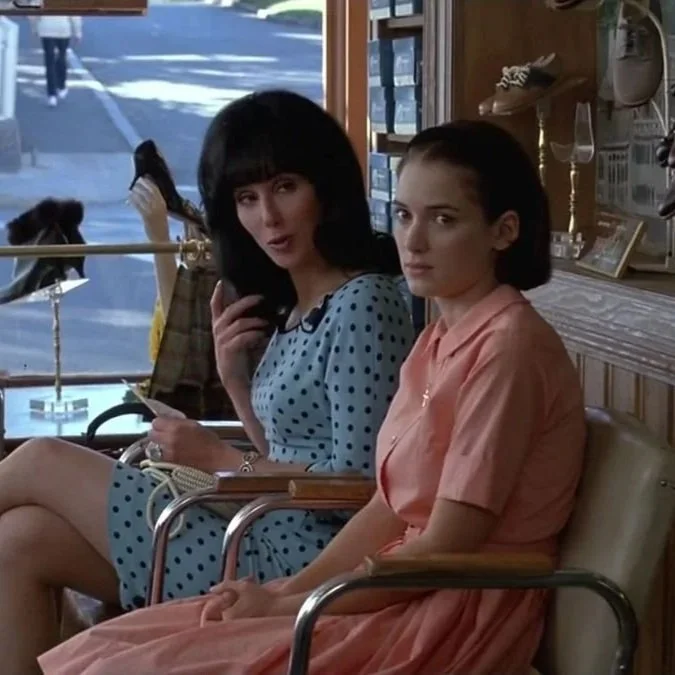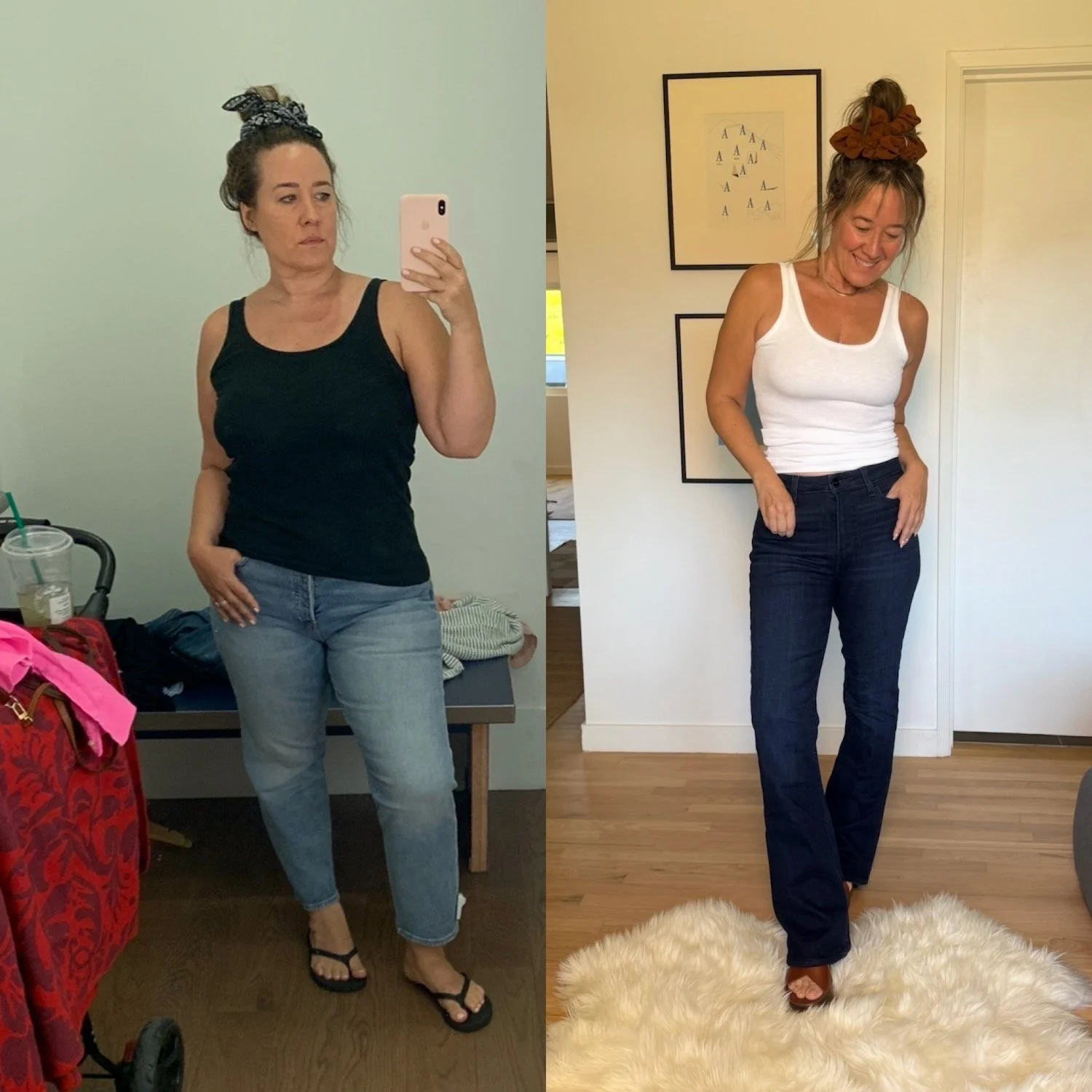Do You Have Eldest Daughter Syndrome?
Is it even a real thing?
by The Candidly Team
We’ll begin with an understatement. Family dynamics are almost unmappably all over the place.
They’re full of juxtaposed feelings toward our parents or our siblings. Roles we’re assigned or role-reversals where we’re the ones doing the parenting.
But for the oldest daughters among us, there are some traceable connections to be made. Some similar qualities that have been engrained in us. And of course, the emotional baggage, that comes with them.
“Eldest Daughter Syndrome” is not something you’re going to read about in the DSM-5, a classification manual to help diagnose every known mental health disorder.
In fact, it’s not a diagnosis at all.
But recently, EDS has made a bit of a name for itself as being a wildly relatable “description” of what it feels like to countless women who had the (mis)fortune of being born first.
And because sometimes just giving a name to something we’re gripped with and knowing that others feel the same is a tremendous relief, we decided to explore what this “syndrome” is all about.
What is Eldest Daughter Syndrome?
The term has been around for a while, but it took flight recently, in part due to a viral video posted by author and therapist Kati Morton, LMFT. In the video, Morton describes the characteristics that commonly color the psychology of many first-born daughters. You can watch her break it all down here:
The Signs
According to Morton, there are 8 common signs of EDS that include:
An intense feeling of responsibility - You’re used to taking on a caregiving role with your sibs, which can extend to others throughout your life.
The tendency to overachieve - You might feel a push toward perfectionism and pressure from being the first-born.
An extra dose of anxiety - You’ve clocked endless hours worrying about everyone else. Why stop now?
The urge to people please - Your sense of exaggerated responsibility and drive may keep you searching for approval as well as the assurance that everyone around you is okay.
A struggle to enforce your boundaries - Being the “responsible one” can mean more intrusions and demands on you that make it hard for you to not overextend yourself.
Feelings of resentment - Eventually, you might start to resent the weight that’s been put on you.
Grappling with guilt - Putting yourself last consistently can be a hard pattern to break, and when you do, in pours the guilt.
Relationship struggles - You might find that you’re overextending yourself and seeking assurance from others, while also feeling resentful or exhausted by not having your own needs met.
So what does science have to say about all this?
A very recent study from UCLA found “a correlation between early signs of adrenal puberty in first-born daughters and their mothers’ having experienced high levels of prenatal stress.” Adrenal puberty involves things like getting pimples, growing body hair, and maturing cognitively, but doesn’t include the onset of your period. The study’s lead researcher, anthropologist Molly Fox, pointed out that this kind of maturation could allow the daughter to help her mother take care of her younger siblings before she herself could have children.
And while we get that this is a very evolutionary perspective on EDS, it is pretty fascinating to note that this early leap into maturity was not observed in boys or girls who were not first in the birth order.
The almost inherent expectation for oldest daughters to help with their younger siblings can easily be exacerbated by a parent’s own shortcomings or limitations along with the fact that even the best of parents could use more support. However, instead of getting that support from peers or other adult family members, they may turn to their child. Whether it’s explicitly asked of them or silently needed from them, oldest daughters will frequently fill in the gaps in child-rearing that exist in their home.
Other studies have reported that first-born daughters can also be more ambitious, accomplished, or even have higher IQs. But what these women most relate to probably isn’t a statistic or a mark of intellect. It’s more of a feeling - a feeling conveyed in the characteristics described by Morton. A feeling that millions of first-born women are identifying with, be it through viral videos, memes, or Instagram posts.
And to that end, it’s hard to argue about whether EDS is real. If it describes what you felt, what you experienced, or what taught you your way of being in the world, then yes, it’s real.
And despite what years of putting other people first might tell you, it’s okay to give yourself permission to take time to reflect on this. Maybe even to try to heal from it.
This article is for informational purposes only. It is not intended to be used in place of professional advice, medical treatment, or professional care in any way. This article is not intended to be and should not be a substitute for professional care, advice or treatment. Please consult with your physician or healthcare provider before changing any health regimen. This article is not intended to diagnose, treat, or prevent disease of any kind. Read our Terms & Conditions and Privacy Policy.







